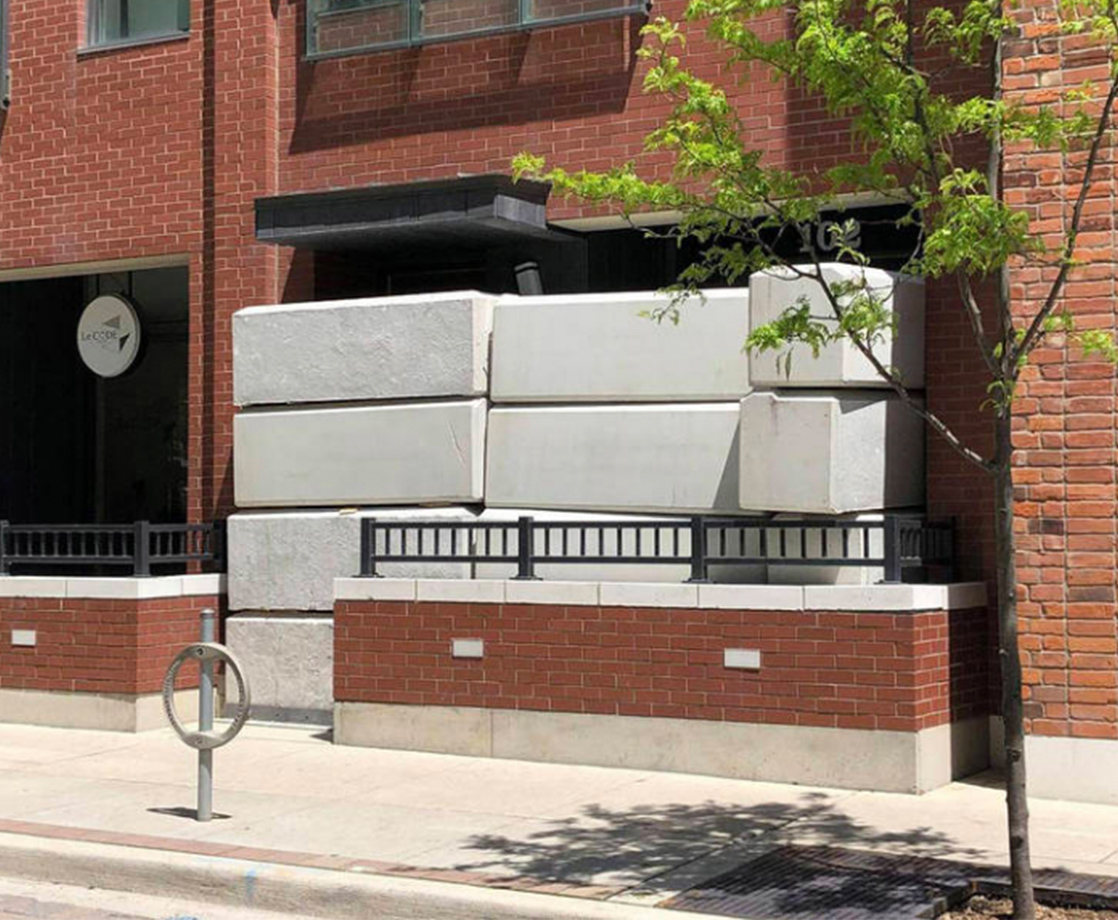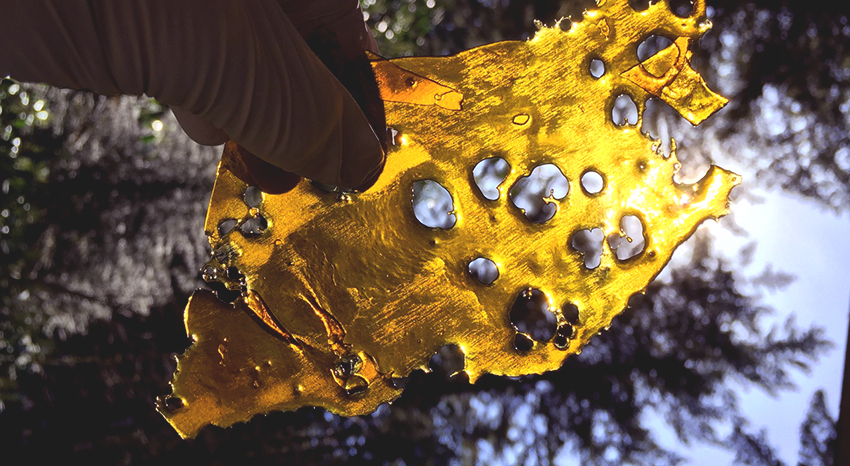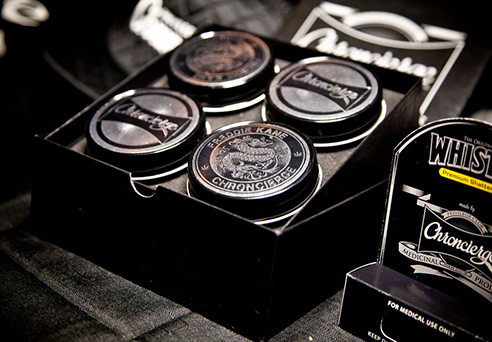Lead photo via
If you’re in Toronto and planning to drown your feelings from last night’s home court NBA Finals loss with a trip to your favorite grey market cannabis dispensary, there’s a good chance you’ll run into a very literal roadblock.
According to the CBC, Toronto authorities have installed stacks of gigantic concrete blocks to barricade the entrances of a number of illicit pot shops that are still operating. After little success shutting down the unlicensed dispensaries with police raids, fines, and steel doors, the massive physical blockades appear to be a drastic last resort.
“This has proven to be a bit more of a substantial tactic,” Mark Sraga, Toronto’s director of investigation services for municipal licensing and standards, told the CBC.
First reported by users on Reddit, the photos of the massive, life-sized Legos stacked clumsily in front of retail storefronts is jarring to say the least. The unlicensed dispensaries have been able to operate thanks to a loophole preventing authorities from barricading any suspected pot shop that doubles as a residential living space. Last Thursday, that loophole was closed by legislative action, giving local officials power to play Bob the Builder on dispensary stoops.
See these cinder blocks. They were installed by #Toronto bylaw enforcement officers after multiple attempts were made to shutdown an illegal pot dispensary (on St. Nicolas St.). Tactic will be used at other dispensaries who ignore cease operation orders. pic.twitter.com/1NWKYdS2Lc
— Jason Chapman (@_JasonChapman) June 7, 2019
“Going forward, a residential property that’s being used to sell cannabis illegally, we will also be able to do barring of entry at those places,” Sraga said.
Sraga said that the pot shops blockaded over the past few days had been investigated previously, with some ganjapreneurs purposely skirting the rules by placing beds inside the dispensary. Overall though, the municipal official said that about 85% of the city’s unlicensed dispensaries had closed up shop without the need of the physical blocks.
Until Canada’s legal market is able to supply enough pot to satiate local demand, though, the grey market will continue to persist, whether it’s from streetside pot shops or old fashioned back alley and apartment dealers.
“There is such a shortage online and in stores for legal marijuana that, setting aside issues of quality,” Toronto criminal defence lawyer Kendra Stanyonthe told the CBC. “Demand is still very huge for the black market.”
Follow Zach Harris on Twitter











